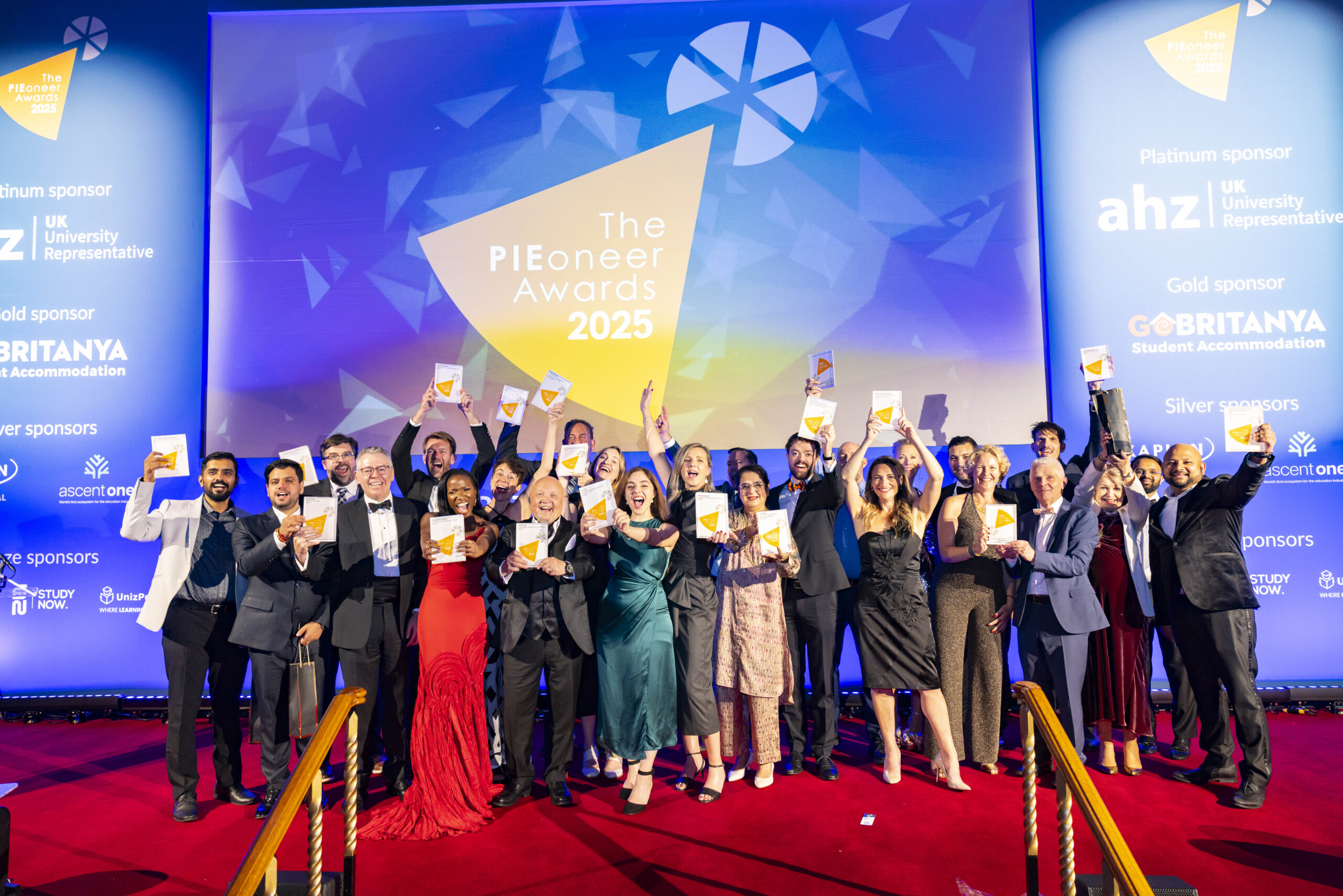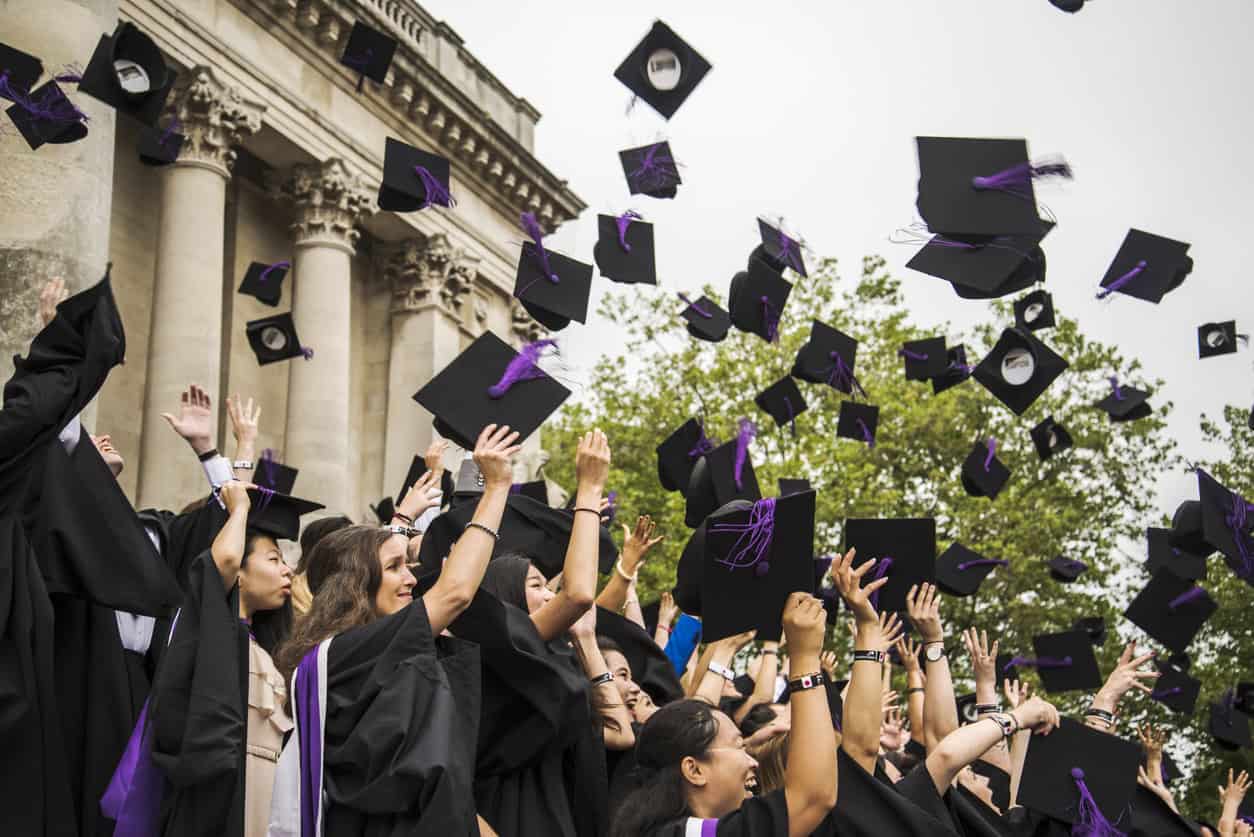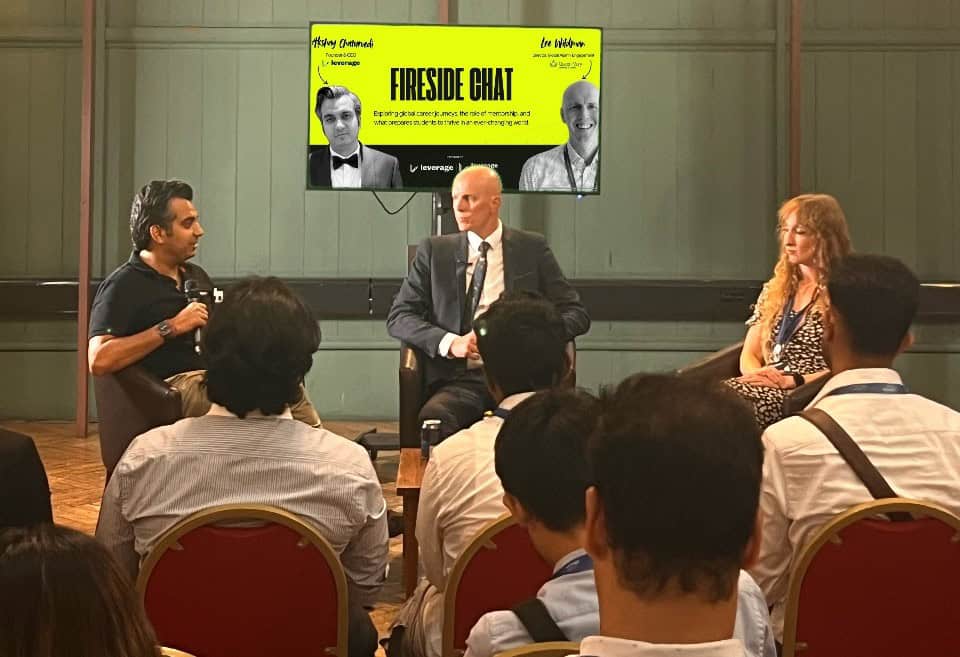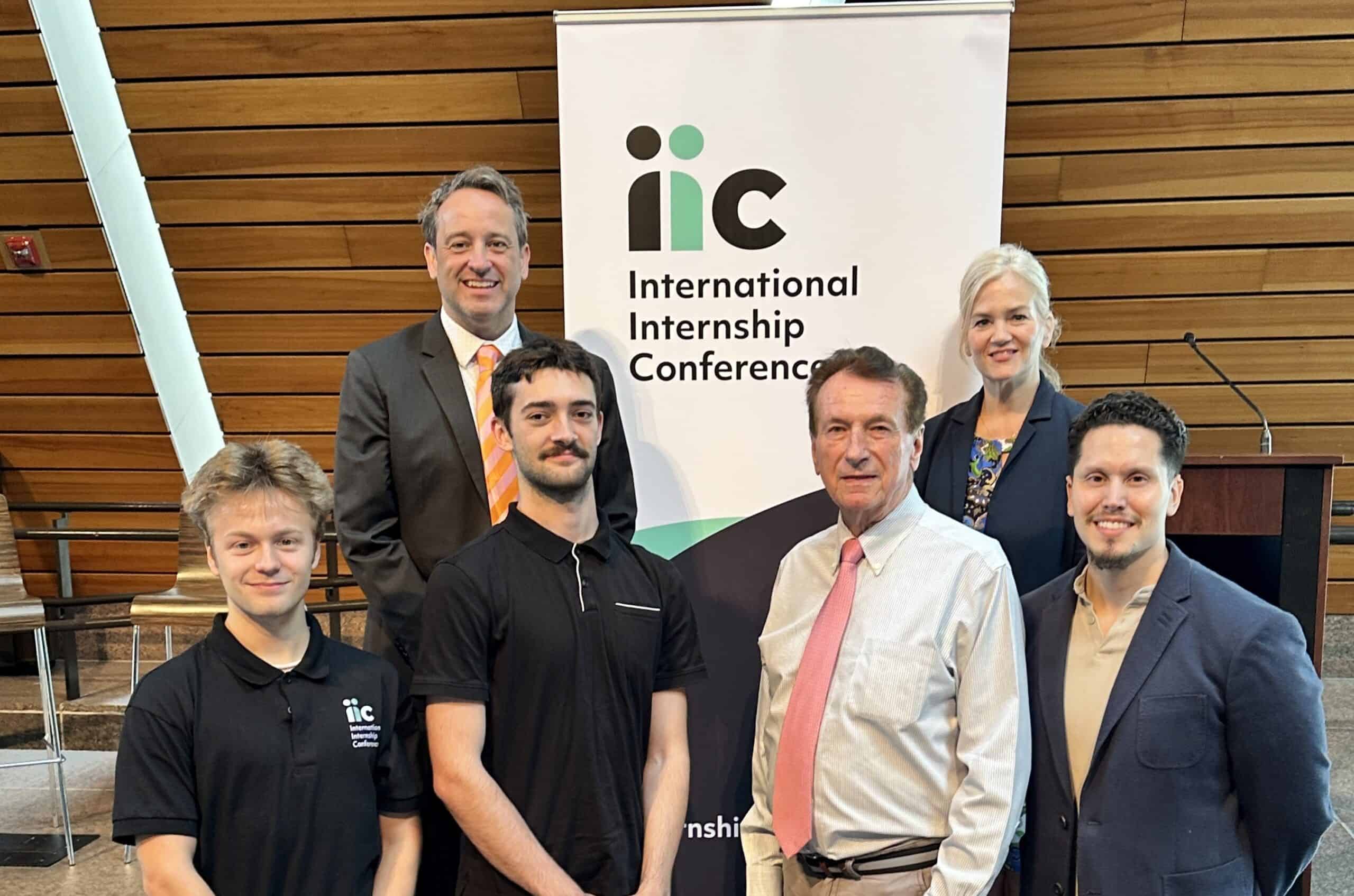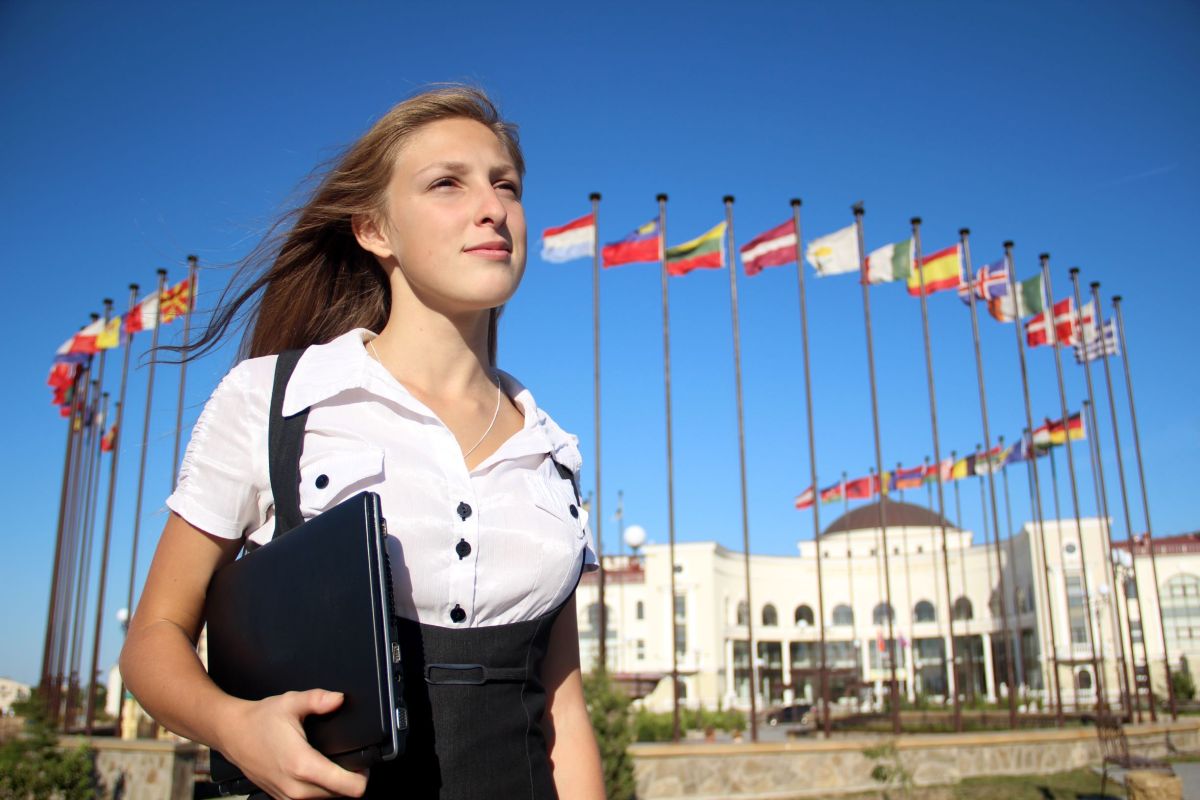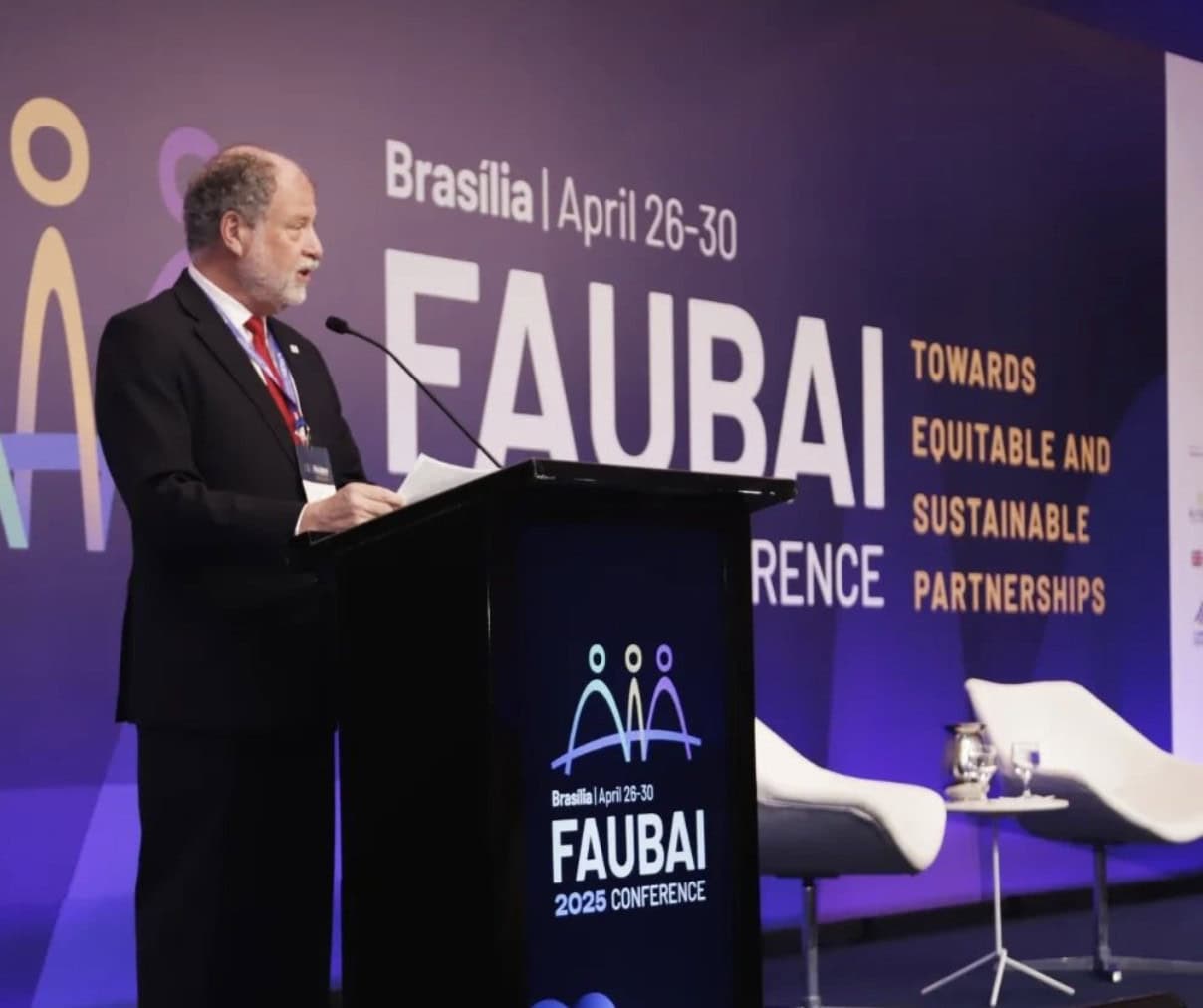If you’ve scrolled through LinkedIn lately, you may have seen something that looks more like Eurovision than a typical education conference: university staff singing, recruitment agents dancing, and national teams battling it out for ‘best in show’ on a brightly lit stage in China’s tropical Sanya.
The annual summit of global recruitment and international education consultancy HUATONG International‘s (Hti Edu) has been running since 2014, originally under the iae China banner before continuing under Hti’s own branding from 2023.
The final night of the conference features performances by Hti staff, university representatives and country teams from the UK, Australia, Canada and other destinations. Acts range from institution-led and mixed national groups to collaborations with professional musicians.
“The social bonding aspect is a strong focus of the event as we strive to forge cross cultural understanding and friendships that transcend pure business. Hti has always espoused that relationships make partnerships,” explained Mark Lucas, Hti’s senior vice president of global partnerships and business development.
“It is hugely popular with the attendees and very competitive between the country-based acts in a ‘frenemies’ way, as each country tries to take the honours of the ‘best in show,’” said Lucas.
“The event is held near the end of the year and all attendees from Hti’s amazing team to the channel partners, institutions and service providers work incredibly hard throughout the year – this is chance to unwind, meet people from around the world and embrace the diversity and talent that is so evident and present in the world of International education.”
For Lucas, the entertainment is not a distraction from business – it is part of it.
This is chance to unwind, meet people from around the world and embrace the diversity and talent that is so evident and present in the world of International education
Mark Lucas, HUATONG International
“We are very good at blending a serious, relevant and very full educational and business format with meaningful and fun social events. We are unusual in the fact that the social and performance aspect of the summit has become a very pivotal part of the whole event,” said Lucas.
Alongside the spectacle sits a packed program of policy and professional content, from embassy-led visa briefings and destination updates to sessions on transnational education, AI, employability and wider sector shifts.
The summit now draws around 1,000 delegates – including 600 hand-picked recruitment partners from across China, alongside universities, service providers and government officials from major study destinations.
“For our channel partners, an invite to the summit is awarded based on their efforts. It is very competitively sought after and as they tell us each year, often the highlight of their year.”
The same applies to institutions: because total attendance is capped, only around 150 institutions, service providers, and commercial partners are invited to the summit. As a result, many lock in their place for the next event as soon as the current one ends.
According to Lucas, the event seeks to provide a platform to allow for the organisation’s priority partner institutions to directly engage with its channel and recruitment partners in a “controlled training and social context” – noting that this approach was “not the norm for B2B businesses.”
“Hti takes a very different approach and trusts that our priority partner institutions will not seek to work directly with our extensive network of channel partners and creating an opportunity to bring their key advantages and sector positioning directly to a select group of 600 channel partners.”
Alongside universities, the summit also brings together the wider service ecosystem that supports international students, including finance, health insurance, testing and accommodation providers.




